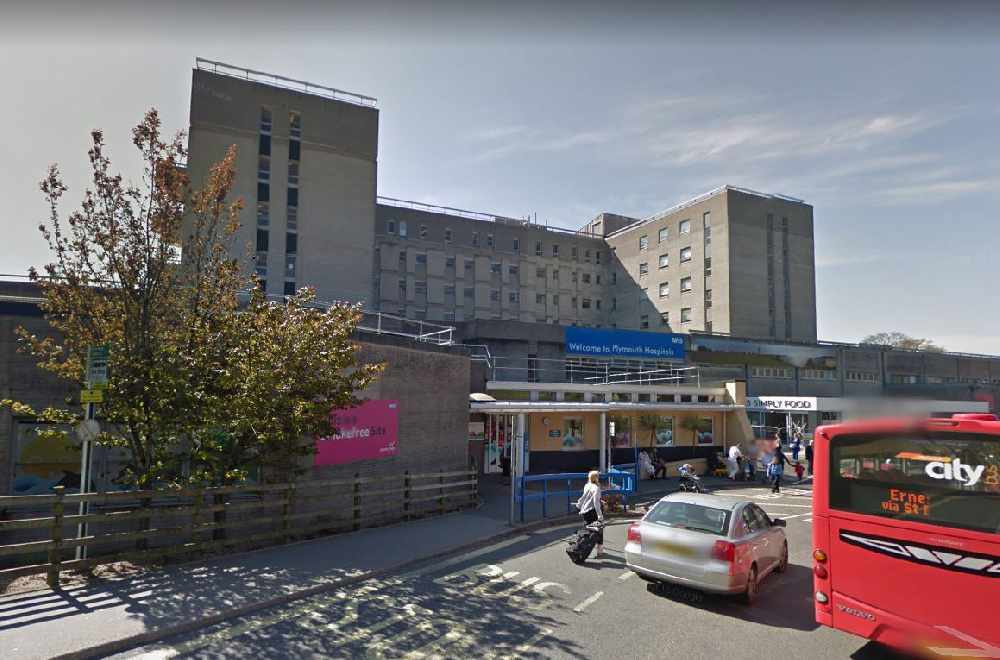
But one councillor points out inconsistencies
End of life care services in Plymouth are much better place than they were a year ago, councillors in the city have been told.
Health professionals have responded to recommendations made by Plymouth City Council to improve the experience for patients reaching the end of their lives and families.
More people are being cared for at home or at Mount Gould community hospital so less are dying in the acute hospital setting of Derriford and support for patients has improved, a report to the council’s health and adult social care scrutiny panel showed.
But one councillor claims end of life and palliative care is still failing as it’s “not consistent”.
Cllr Terri Beer’s (Ind, Plympton Erle) motion to Plymouth City Council in March highlighted the problems and asked for a review which was supported by members.
In a statement to the scrutiny panel this week she spoke of missed medications, inconsistent care and families having to demand for things.
“Palliative care in my experience is a real postcode lottery in Plymouth and it seems those who speak up for loved ones get the care they seek. It’s not consistent. Some will contradict my statement, but this is a real fact having spent many months talking to residents in the city and my own ward as well as sharing my own personal experience,” she said.
But deputy director of clinical services at St Luke’s Hospice Tricia Davis said: “I can give you categorical assurance that services in Plymouth are much better a year on than they were last year
“Having managed the care home contract through covid when we were very much abandoned by health statutory services, this was an awful, awful time for all.
“We are a very long way from those very bad days. We wish we could get 100 per cent right but we don’t. We see cases regularly where there is a late diagnoses and we only have days to plan support for patients and families but we learn from each of these with our partner agencies.”
She said St Luke’s had a rapid response team which would provide care at home within two hours of ambulance personnel identifying someone in the last phases of their life.
A coordination hub started in April which focuses on coordinating care for patients in their last year of life acting as a single point of access for patients, families and healthcare professionals, was working well.
Callers could now get a human response rather than an automated one and the hub was set up as a direct response to frustrations from public in trying to navigate the system.
If questions could not be answered straight away, St Luke’s staff would try and find the right person on the system to support them.
She said the charity was trying to prevent anyone being conveyed to an acute hospital setting at the end of their life unless their quality of life would be improved.
The meeting heard that the number of people dying at Derriford Hospital had reduced from more than 150 in January 2025 to around 85 in May.
Twelve end of life beds had supported 420 people at Mount Gould and were running at full capacity with one bed always available for patients to be brought down from the emergency department at Derriford, the meeting heard, and specialist Marie Curie staff had been integrated into the service.
Feedback had been positive, said Laura Daniel from University Hospitals Plymouth, in terms of patient care, dignity, environment, support available for their families and the experiences of staff.
Meeting chair Cllr Pauline Murphy (Lab, Efford and Lipson) said she sympathised with Cllr Beer but the examples she spoke of were historical and everything the council had asked for in the motion had been done.
She said short of asking the MPs if they would lobby for more funding, which would be done, she was reassured that end of life care and palliative care was improving .
“It’s emotional for anyone having to go through losing a loved one,” she said. “That is why we brought it to the scrutiny panel because the care was not what it should be.
“However, what we are seeing today, the improvement, is incredible.”
Cllr Maria Lawson (Lab, Plymstock Dunstone), who is a specialist cancer nurse, said patients were supported with an holistic needs assessment and support workers and interactions highlighted as required.
She said the same day emergency care which had been brought in recently meant patients were triaged and their needs identified and addressed.
With the coordination hub as well a lot of the palliative care concerns were covered, she said.
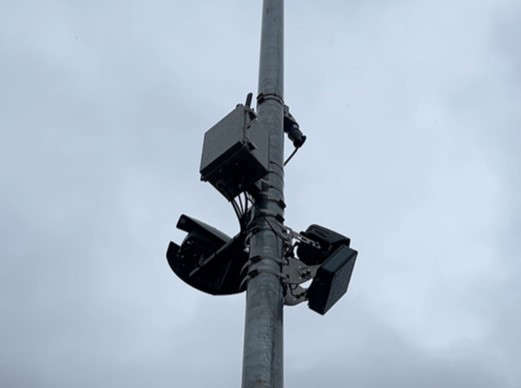 New gadget to thwart Paignton seafront car pests
New gadget to thwart Paignton seafront car pests
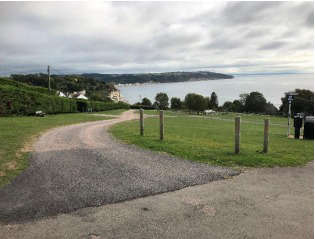 East Devon cliff fall site still under scrutiny
East Devon cliff fall site still under scrutiny
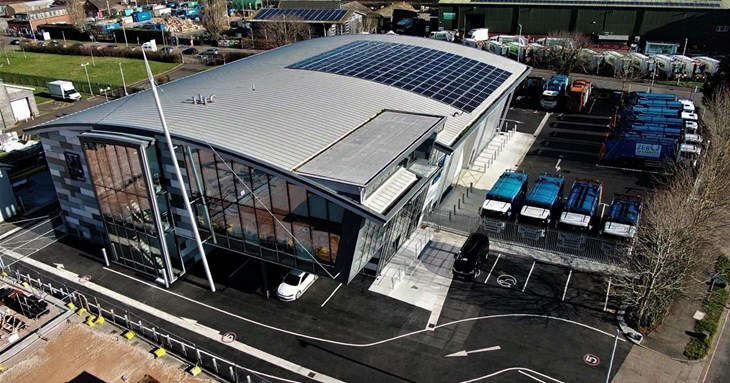 Exeter's new waste recycling plant to cost £13 million
Exeter's new waste recycling plant to cost £13 million
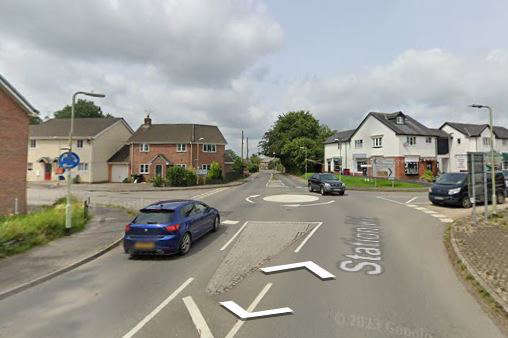 20 homes for Torridge village proposed
20 homes for Torridge village proposed
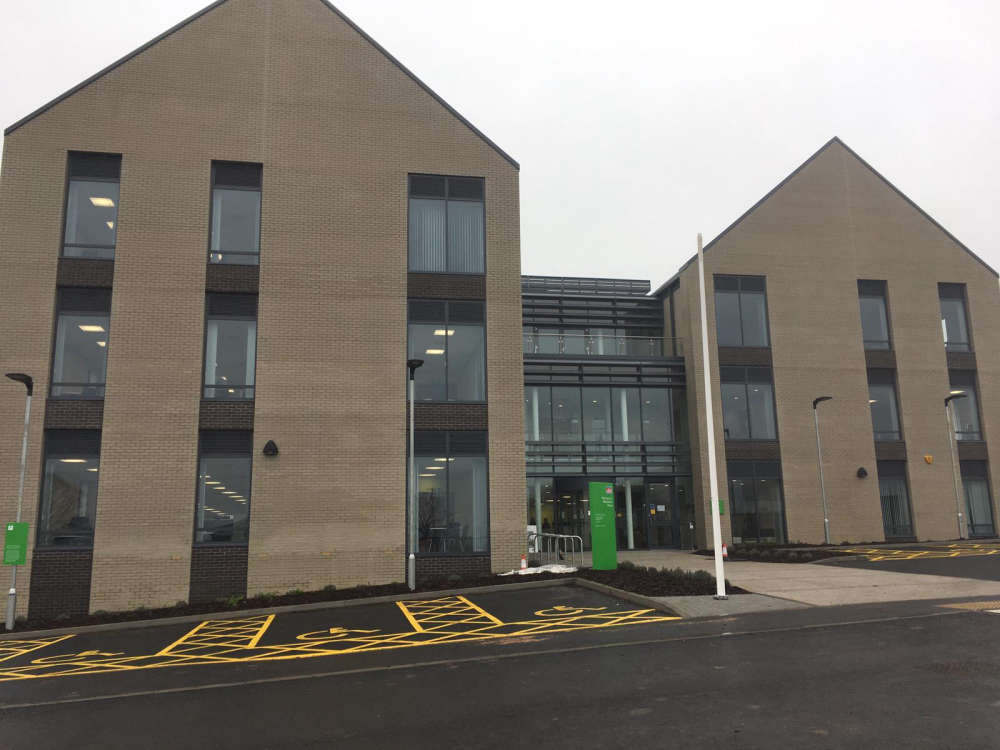 Pavement licence fees could rise in East Devon
Pavement licence fees could rise in East Devon
 Police appeal after phone theft scam
Police appeal after phone theft scam
